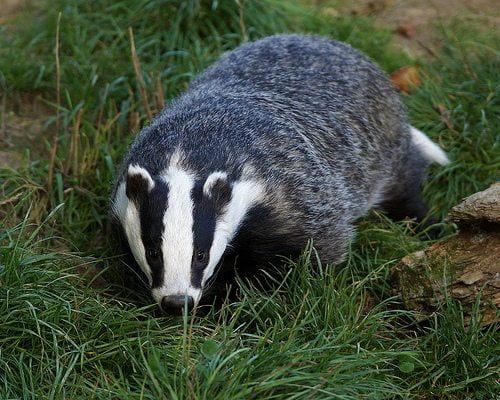

Environment
Defra’s badger sett-gassing trials condemned by campaigners
The government has confirmed it is currently examining how the poisonous gases carbon monoxide and nitrogen oxide flow through complex badger setts – with a view of using them as potential culling methods.
The Department for Environment, Food and Rural Affairs (Defra) confirmed the tests in a freedom of information request.
Mark Jones, a veterinarian and executive director of the NGO Humane Society International, described them as an “arrogant determination by this government to massacre these wild animals at all costs”.
He added, “We already know that death by gassing can cause considerable animal suffering. Sub-lethal exposure to carbon monoxide caused vomiting, urination and defecation in dogs, and limb paralysis, blindness and deafness in monkeys.
“The difficulties in delivering gas to complex badger setts mean that many animals will inevitably experience sub-lethal exposure, so the potential for animal suffering is huge.”
The use of poison gas is currently banned in the UK under Article 8 of the Bern Convention, which describes the indiscriminate use of animal population control, such as gassing, as counterproductive.
Previous gassing trials by Defra in 2005 concluded on the same note. Carbon monoxide is rejected as “inhumane” and ineffective at tackling “larger burrows”, raising the “risk of sub-lethal exposure” to other animals or to younger badgers that are “resistant” to the gas.
Since the badger cull was introduced in October 2013, the government’s pilot scheme to stop the spread of bovine tuberculosis (TB) has been described as “ineffective and inhumane” by the independent inquiry commissioned to review it.
The National Trust also raised concerns last year over the possible use of ‘gassing or snaring’, appropriating cattle based techniques instead.
Commenting on the findings of the FOI request, a Defra spokesperson said, “Initial investigations into the use of gas as a potential culling method are taking place as set out in the 25-year strategy to free England of bovine TB, which includes plans for more sophisticated TB testing, developing cattle and oral badger vaccines, tighter cattle movement controls, badger vaccination in the buffer zone and badger culling in areas where disease is widespread.”
A successful drive towards controlling TB has been praised in Wales, where cattle-based measures are proving effective – with the number of cows being slaughtered because of TB falling.
A cattle vaccine, according to Defra, will take at least 10 years to be produce due to the guidelines set by the World Organisation on Animal Health (WOAH) and EU. A vaccine for Badgers is being introduced this summer in Somerset in an attempt to curb the high levels of recorded TB.






























